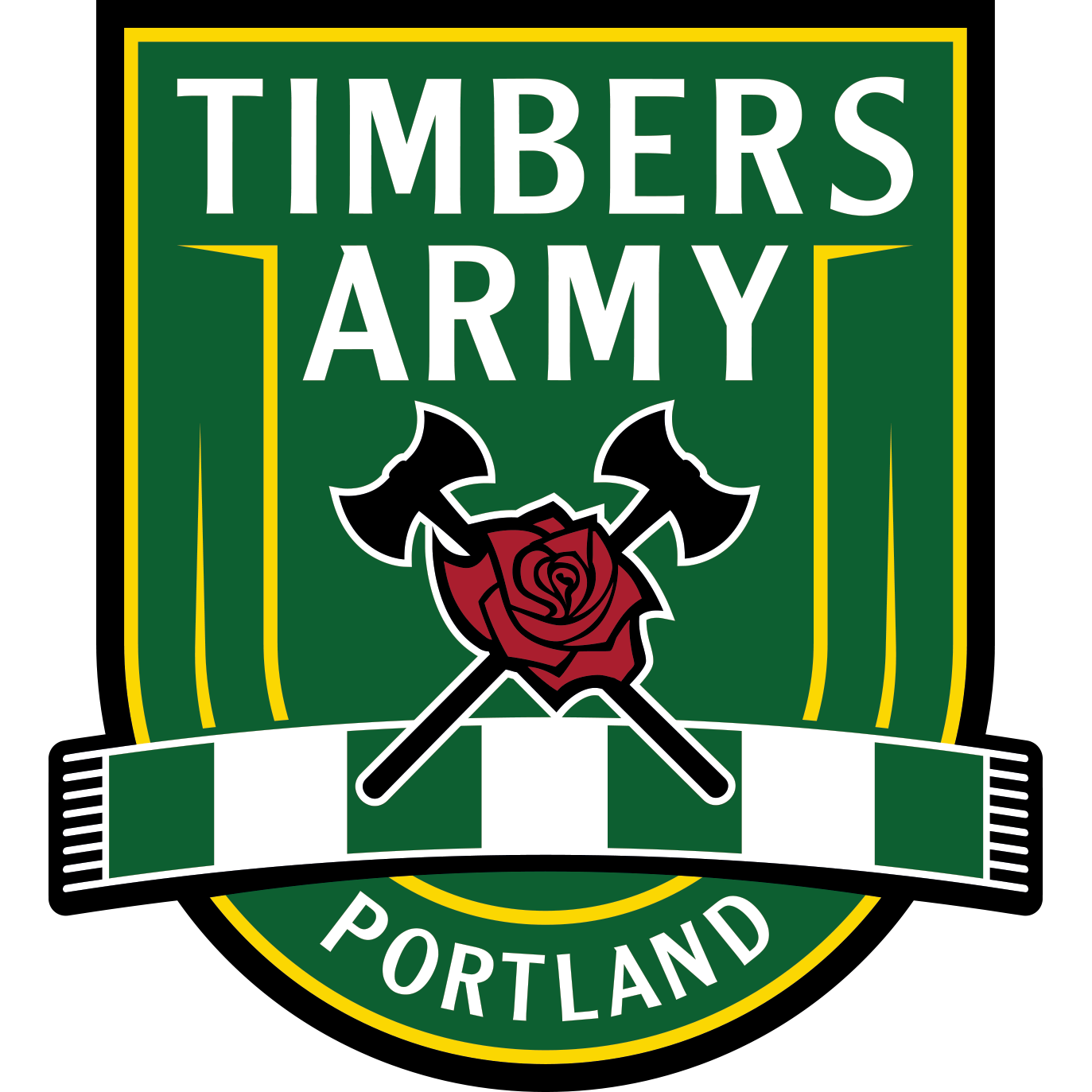—by Chris Rifer
Over the course of the last several weeks The Morrison Report has thrown a good number of stones at the MLS and its Roster Rules. While the Rules’ secrecy has been the primary target of our criticism, the events of the past several weeks have also exposed some of the convolution within the current MLS Roster Rules.
But criticism without construction is just curmudgeonry. So, here at The Morrison Report, we’re going to pretend we got our paws on the wide-ruled spiral notebook in which Don Garber keeps his No. 2 pencil-written Roster Rules.
First, a few ground rules. We’re not going to fundamentally change MLS’s roster system. So the salary cap will still exist in The Morrison Report’s alternate universe, the designated player rule won’t be scrapped, and allocation money is here to stay. These are the golden calves, so to speak, that may not be slain.
A quick note on what The Morrison Report’s system attempts to do. First, it tries to replace MLS’s convoluted system of allocation rankings and drafts with more market-oriented mechanisms such as free agency, rights of first refusal, and allocation money compensation. This puts extra onus on the salary cap, then, to maintain parity throughout MLS and prevent it from becoming a league of haves and have-nots. Accordingly, many of the salary cap rules have become harsher. Simply put, The Morrison Report’s system gives teams more rope with which they can go out and sign players, but ensures that it never more than just enough for the clubs to hang themselves by. This system thus attempts to reward good management of a club from the academy level through Designated Players, while harshly punishing mismanagement.
Ultimately, it’s up to you to decide whether the following system accomplishes these goals, or even whether these goals are well conceived in the first place. Also, we at The Morrison Report know none of this will ever happen.
With that said, over the course of the next 2,000-odd words, we’re going to work Commissioner Garber’s No. 2 pencil eraser down to the metal and make multiple trips to the pencil sharpener.
Player Acquisition Mechanisms
Allocation Ranking
New Rule: Forget about it. Abolished.
Commentary: A rule once designed to ensure parity has become MLS’s favorite section of the Roster Rules to skirt through less-than-transparent means. Parity is why MLS has the salary cap, so the new rule is simple: If you have the cap space to sign a returning MLS or current USNMT player, knock yourself out.
Designated Player
New Rule: The DP rule largely remains the same, including the young designated player rules. It is worth clarifying, however, that the DP rule is exclusively a salary cap accounting mechanism. It is not an exception to any other allocation rule. Teams still get two slots, with the option to purchase a third.
Commentary: The DP rule’s interaction with a handful of other rules will change, however, most notably with the Amnesty Rule.
Rookie Acquisitions
Commentary: Currently, the SuperDraft and Homegrown Player rules are the primary mechanisms through which teams acquire young American talent coming into the League. With the growth of development academies, however, the HGP rule has waxed in prominence while the SuperDraft has begun to slowly wane.
As Nick Firchau wrote in May, the current HGP system may present a significant threat to League parity due to the regional disparity of youth talent around the country. Thus, the rule changes below are designed to address this disparity potential while incentivizing clubs to keep building their academies.
The current system shuffles players into one of two boxes, either they must sign an HGP contract with their parent club or enter the SuperDraft. The Morrison Report’s system largely eliminates these boxes, while maintaining some of the HGP benefits.
New Rules:
Eligibility – A player may be an HGP if he plays at least two seasons for a club’s official U-16 or U-18 development academy team. [1] During those two seasons, the player must be on the academy team’s active roster for 60% of its official games, excluding games that a player misses as a result of a call from a national team.[2]
Academy Player Acquisition – Teams may still sign as many of their HGP eligible players as they want every year. One such player every year is eligible to be an HGP whose salary does not count against the team’s salary cap for the first two years of the player’s first professional contract.
Teams no longer have the exclusive right to sign their HGP-eligible academy players, however. Rather, any club can sign them, provided that the parent club has a first right of refusal on any contract an HGP-eligible player signs with another MLS club. So, for example, if a Portland academic signs with Real Salt Lake for $100,000 per year, the Timbers would have the opportunity to sign the player on those same terms.
Moreover, if another team signs one of a club’s HGP-eligible academics, the parent club shall receive allocation money in the amount of the player’s average annual salary – 50% paid by the purchasing club and 50% paid by the League. The total amount of allocation money a club can earn through this method annually is capped at the amount of salary cap space occupied by a designated player. Thus, if an academy is cranking out MLS-ready prospects left and right, it can turn that into a salary cap cash cow that can pay for up to a DP’s cap hit every year. It promotes parity, however, because teams in talent-rich areas can’t monopolize their academy players, as other teams can sign academics subject to the first right of refusal and compensation provisions.[3]
Because clubs will now be able to sign other club’s academy players, we should also provide a scouting mechanism. It is my pleasure to introduce the MLS Academy Cup; two 10-day tournaments (one U-16, the other U-18) played over the course of 17 days in December after the MLS Cup Playoffs.[4] This would give MLS teams an opportunity to scout other clubs’ academy players in person. Additionally, every game would be broadcast on MLS Live, making the Academy Cup a medicine four-out-of-five doctors would recommend to remedy Offseasonal Affective Disorder (O-SAD), and an opportunity to showcase talent to college coaches across the country.
Non-Academy Player Acquisition – The SuperDraft is gone. Teams are welcome to recruit and sign as many rookies as they can accommodate within their salary structure.
MLS Signing Day – Rather than the SuperDraft, MLS has a two-hour special where each club reveals its annual rookie class – HGPs, other academy players, and non-academy players – and the top 20 players announce their signings live on national television. Teams are prohibited from announcing signings of rookie players before Singing Day. This is the drama of NCAA recruiting, the absurdity of silly season, and excitement of the NBA Draft all rolled into one process culminating on MLS Signing Day.
Trades
New Rule: No change to the substantive rules.
Discovery Signings
New Rule: The language will have to be tinkered with to clarify its applicability, and there are certainly mechanisms in the current rule that aren’t spelled out publicly,[5] but the only major change is that a discovery claim no longer gives a team an exclusive right to sign a player. Rather, it only serves to give the team a first right of refusal on the player for one season.
Commentary: For example, if Portland puts a discovery claim on a player, but Seattle offers the player a better contract than Portland and the player agrees to the terms of the Seattle contract, the Timbers would have the choice of signing the player on Seattle’s terms or relinquishing the discovery claim and letting the player go to the Sounders without any form of compensation.
Re-Entry Process
New Rule: Abolished. An MLS player whose contract expires or whose option isn’t picked up just becomes a free agent.
Commentary: I don’t even understand why this exists now.
Waivers
New Rule: No change.
Weighted Lottery
New Rule: Abolished. Any player that would have been eligible for Signing Day, but that chooses to enter into an MLS contract after Signing Day is a free agent. If such a player is HGP eligible with one club, but signs with another club after Signing Day, the parent club retains the first right of refusal and, if the right is not exercised, must be similarly compensated.
Commentary: Notably, there will be little incentive for young players to do this because waiting longer only makes it more likely that their desired club would lack the salary structure to accommodate their contract.
Player Release Mechanisms
These are the mechanisms for getting a player off of a club’s salary cap books. These really aren’t especially controversial. Accordingly, there are only a handful of significant changes in The Morrison Report’s universe.
Buyout of a Guaranteed Contract (Amnesty Rule)
New Rule: At any time during an offseason, a team may buy out the guaranteed contract of one player, and the player’s contract will no longer count against the salary cap. A team that exercises the Amnesty Rule, however, may not use the Rule to buy out another contract in any of the next four offseasons. If a team uses the Amnesty Rule to buy out the contract of a Designated Player, the team will receive relief from the salary cap space that player occupied, but the Designated Player slot filled by the former player’s contract will remain occupied until the natural expiry of the original contract.
Commentary: The Amnesty Rule is one of the potentially largest disparity creators in the MLS rulebook. Currently, it permits teams to buy out one contract per offseason, and have the balance not count against the salary cap. While the team is still responsible for paying the balance of the contract to the player, it can serve to free up substantial salary cap space every year.
This is a huge advantage for wealthy clubs that can absorb the financial hit of paying a player to do nothing. Currently, such a club can roll the dice on major signings, and if the player doesn’t work out, cut them loose in the offseason without any salary cap consequences. For many clubs, however, sinking major costs like that is financially infeasible. Thus, this makes it much easier for big clubs like L.A. Galaxy, Seattle, and Portland to be aggressive, perhaps reckless, with major signings.
The Morrison Report’s rules cut this back by allowing a team to exercise the Amnesty Rule only once every five years.
Designated Players in Trades and Contract Renegotiations
New Rules: If a Designated Player is traded among MLS teams, he must occupy a DP slot for either the buying team or the selling team for the natural length[6] of his DP contract. A buying team may minimize the DP’s salary cap hit if the selling team swallows a portion of the contract – which counts against the selling team’s salary cap allocation – but the player’s contract must still occupy a DP slot for either the buying or selling team.
Similarly, if a DP renegotiates his contract with his current club at any point during the period of the contract so as to drop his compensation below DP levels, the player will continue to occupy a DP slot for the natural length of the original contract. The team may free up salary cap space by renegotiating the contract, but it may not free up a DP slot.
The End.
Onward, Rose City.
[1] The territory system, although of much lesser significance under The Morrison Report’s system due to changes in the acquisition mechanisms, is abolished. Clubs can recruit players from anywhere to come play for their academy team, using any method of recruitment short of signing the player to a professional contract. The academy teams must be based in the club’s home city, however.
[2] Note that this presents significant risk for players who are only in the academy system for two years. If a player gets injured and misses a substantial portion of the season, he may not be HGP eligible because of the activity requirement. For those who spend a full four years at these levels of the academy system, however, fulfilling the two season requirement should be easy, as the seasons do not have to be consecutive. This is additional incentive for clubs to have players come all the way through academy system rather than cherry pick the best high school players from other local clubs.
[3] The biggest winners are the players, however, as they’ve been thrown into a much more vigorous market for their services.
[4] The group stage of the U-18 tournament would overlap with the semifinals and final of the U-16 tournament.
[5] For example, there is no stated limit on the number of discovery claims a team can make in a season. Such a limitation obviously exists – otherwise the Galaxy would have probably submitted a discovery list that simply said “Everybody, ever” – but isn’t clear on the face of the Rules.
[6] The “natural length” of a DP contract does not include club option years, but does include player option years.


